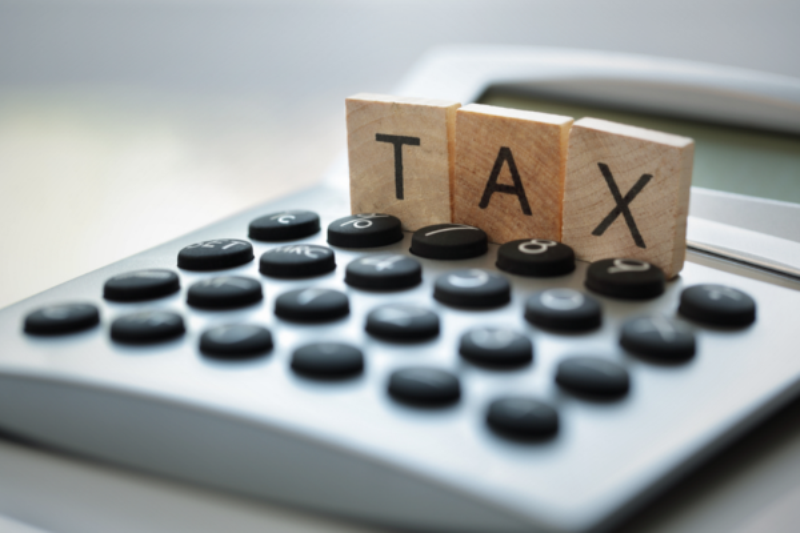The National Tax Policy Review Committee has advised the Federal Government to merge the Federal Inland Revenue Service (FIRS) and Nigeria Customs Service (NCS) to improve revenue generation and accountability.
The draft of the policy was presented at the Committee’s second stakeholders engagement yesterday in Abuja by Mr Taiwo Oyedele, who is the West Africa Tax Leader at PricewaterhouseCoopers.
Oyedele said the committee agreed that the current system promoted multitaxation, tax evasion and wastage, saying ”part of our recommendation will be that FIRS and Customs should be merged; but not just them, but all revenue generating agencies at the federal level should be merged into one.”
He said what exists now is not effective, because it duplicates the collection mechanism. “All the structures you have in FIRS is replicated in Customs, so cost of collection goes up. It also makes it easier for tax evaders to manipulate the system. You can provide information for customs and FIRS is not aware of it,” Oyedele said.
According to him,having one revenue agency “will flag all the information about a tax payer when he or she is paying tax. It will also ensure that leakages in the system are reduced. This is why we are recommending merger as part of the policy.”
The committee also recommended the introduction of Tax Amnesty Programme. He said some companies or individuals might be afraid to join the tax net for fear of being asked to pay past tax liabilities. A tax amnesty, he said “would assure the public that past offences would be forgiven, thus enable government to expand the tax net.”
Other key recommendations of the draft policy include establishment of Taxation Committee at national, and state assemblies, administrative framework for amnesty and whistle blowing.
These, the committee said, were necessary to move Nigeria from its current position of 181 out of 189 countries to top 50 on the Ease of Paying Taxes World Report.
The Chairman of the Committee, Prof. Abiola Sanni, said the need to improve revenue generation in the economy influenced the decisions of the committee.
The National Tax Policy was first published in 2012 by the then Minister of Finance, Dr Ngozi Okonjo-Iweala, to entrench a robust and efficient tax system in Nigeria. The committee was, however, set up by the Minister of Finance, Mrs Kemi Adeosun on August 10 this year to review the existing policy.

 Forex3 weeks ago
Forex3 weeks ago


 Naira2 weeks ago
Naira2 weeks ago
 Billionaire Watch2 weeks ago
Billionaire Watch2 weeks ago




 Naira2 weeks ago
Naira2 weeks ago




 Naira4 weeks ago
Naira4 weeks ago




 Naira2 weeks ago
Naira2 weeks ago


 Naira1 week ago
Naira1 week ago
 Banking Sector4 weeks ago
Banking Sector4 weeks ago






















